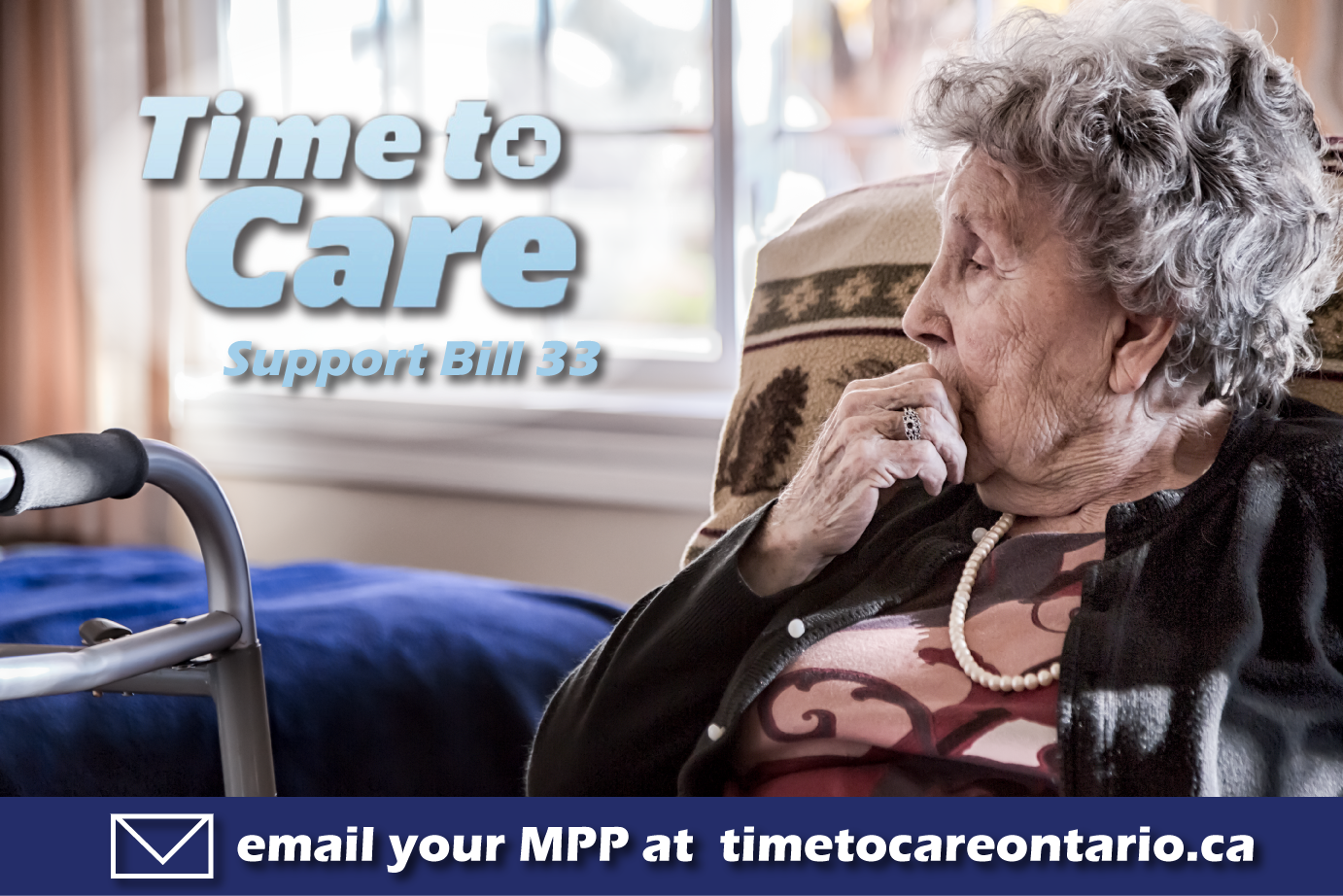
By creating a system of accounting that deliberately obfuscates and hides the true cost of its “Fair Hydro Plan,” the Wynne government has shown that it won’t hesitate to make the province’s citizens pay the price for the Liberals’ reckless decision to privatize Hydro One.
“The Auditor General’s report clearly shows how Ontario consumers will pay $4 billion more for their electricity because of the improper accounting behind the Liberals’ Fair Hydro Plan,” said Hahn. “And the government has devised this scheme even as it continues to shortchange our public services.
“When you think of what $4 billion could buy in terms of public services, then there can’t be a more damning consequence of the Wynne government’s irresponsible decision to sell Hydro One to private, profit-driven investors.”
CUPE Ontario has previously characterized the government’s Fair Hydro Plan as “a payday loan at an exorbitant interest rate.”
According to a statement released by her office, Auditor General Bonnie Lysyk finds that “the accounting proposed by the government is wrong and if used would make the Province's budgets and future consolidated financial statements unreliable" but concludes, “there's still time to fix it, and we're encouraging the government to do so."
Hahn echoed the sentiment, but said that restoring Hydro One to full public control is the only long-term fix for the mess the Liberals have created in the province’s electricity system.
“The people of Ontario deserve an electricity system that serves their interests, rather than one dedicated to shareholders’ greed and a government’s unprincipled ambitions,” concluded Hahn.
Recent government polling by the Gandalf Group indicates that hydro mismanagement and tax increases to pay for the Fair Hydro Plan are of greatest concern to the public.
-30-
For more information, please contact
Mary Unan, CUPE Communications, 647-390-9839
MU/KJM : COPE491
View this page in full on the CUPE Ontario website: Ontario Auditor General’s report reveals fiscal and moral bankruptcy of Liberals’ Fair Hydro Plan.













